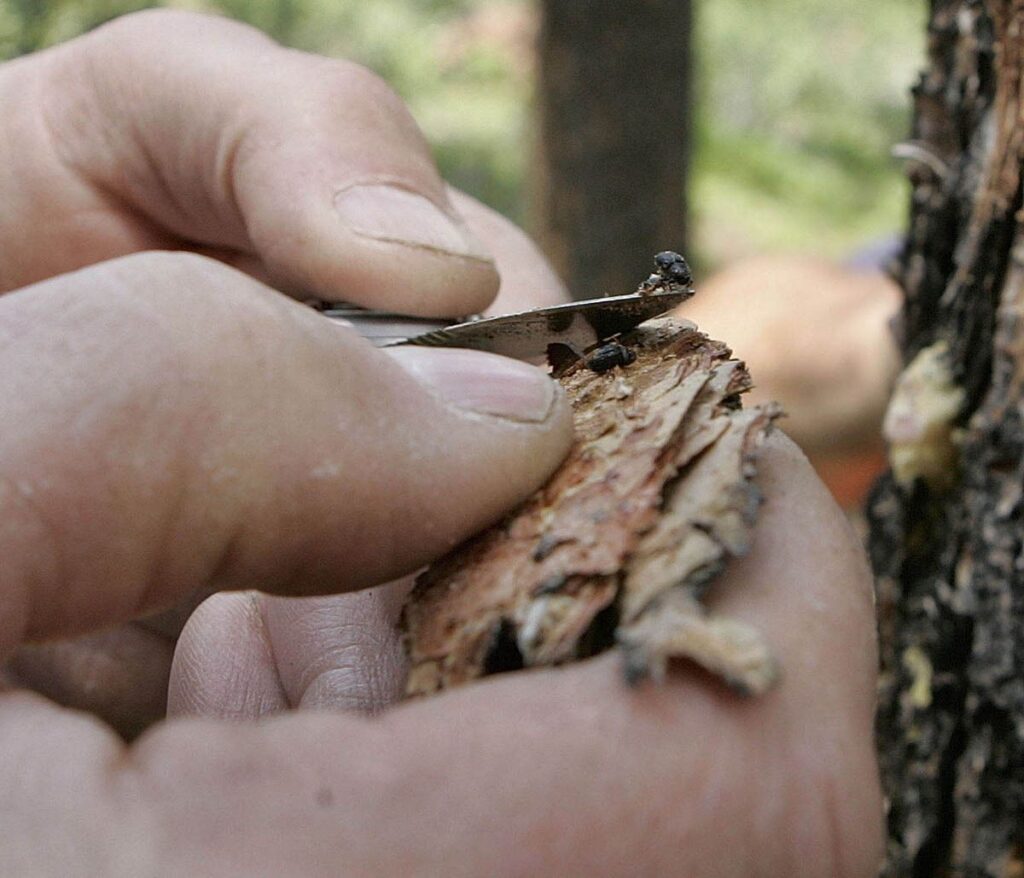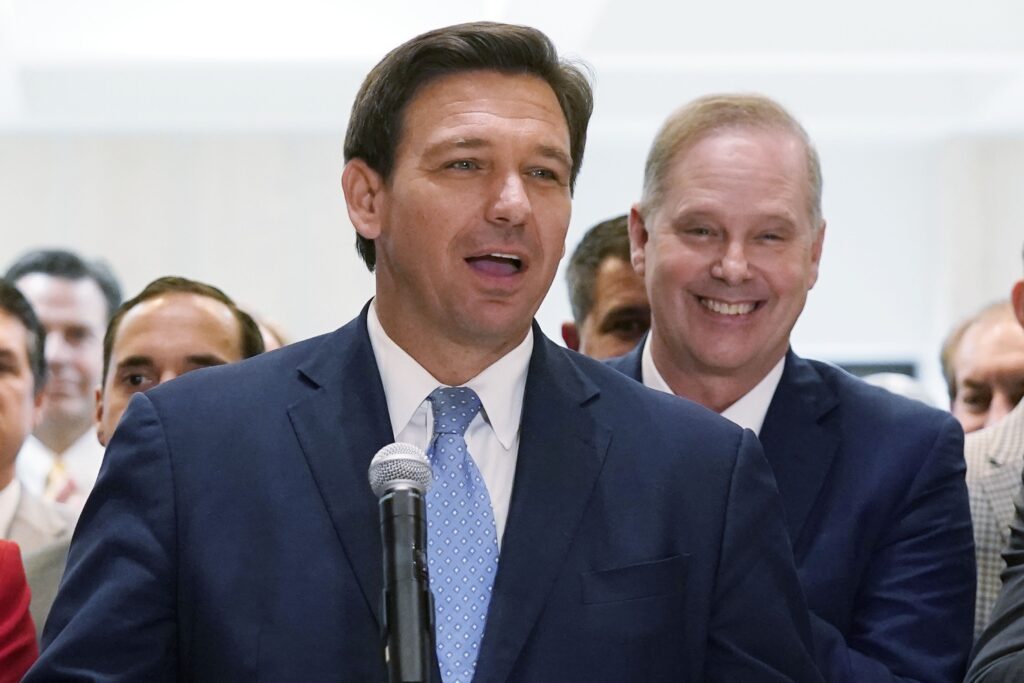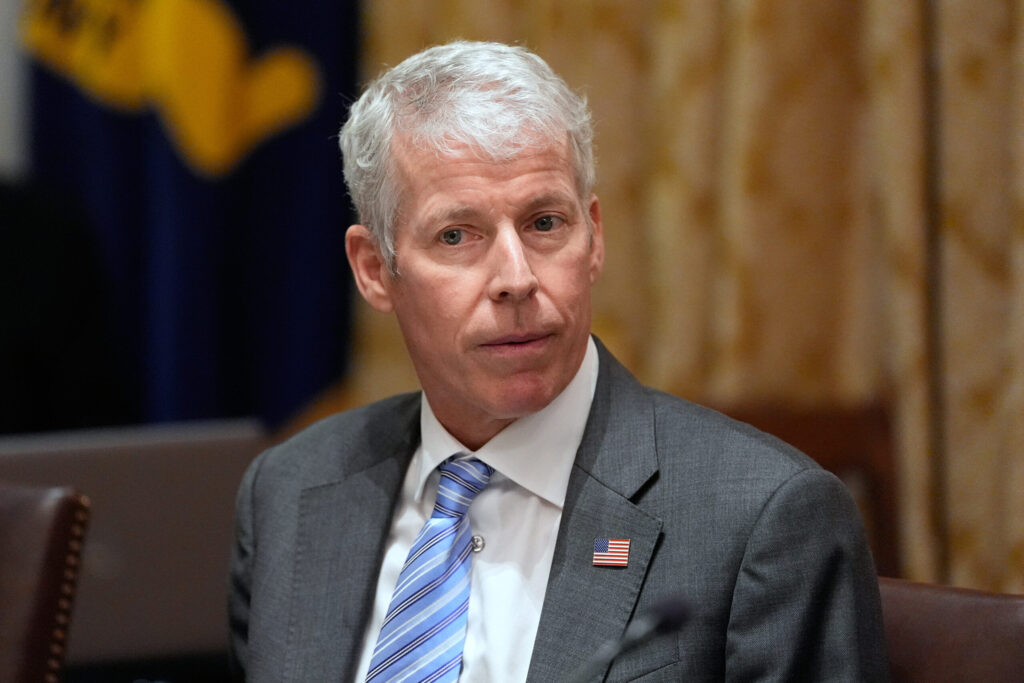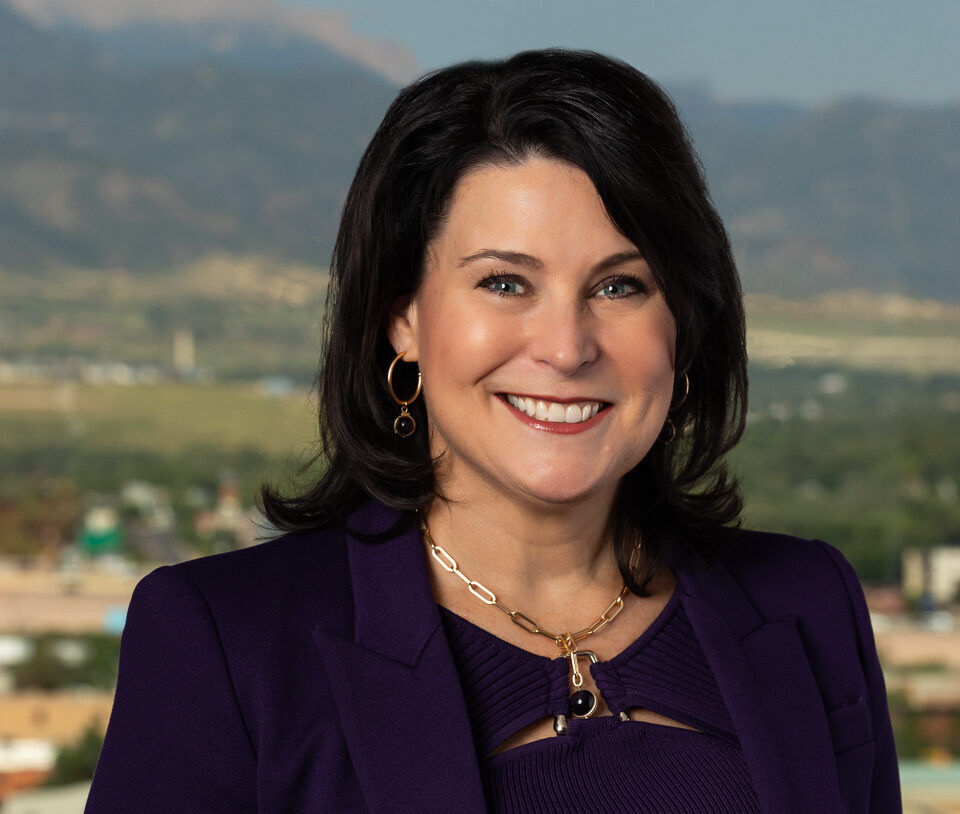Colorado bill to remove hunting as priority method for wildlife management fails in House committee
Animal rights groups lost at the ballot box last November in their efforts to ban big-cat hunting and trapping, but the fight was not over, as some lawmakers pushed to remove hunting, trapping and fishing as “primary” methods for “necessary wildlife harvests.”
The proposal ultimately died in the House Agriculture, Water and Natural Resources Committee on Thursday.
Sponsored by Reps. Tammy Story, D-Evergreen, and Elizabeth Velasco, D-Glenwood Springs, House Bill 1258 would replace replace language in one of the statutes governing Colorado Parks and Wildlife to say the state “may” — instead of “shall” — authorize hunting, trapping and fishing and that decision would be “based on best available wildlife and ecological science to benefit wildlife, whole ecosystem health, and all Coloradans.”
The bill went down on a 10-3 vote, with Story, Velasco and Rep. Mandy Lindsay, D-Aurora, as the only votes in favor of the bill. Story has previously sponsored failed legislation to require livestock owners to employ non-lethal management tools before seeking compensation when wolves kill their livestock.
While Story demurred when asked if Colorado Parks and Wildlife had asked for the bill, Department of Natural Resources Executive Director Dan Gibbs told Colorado Politics his agency did not seek it.
Last fall, voters rejected Proposition 127, which would ban trophy hunting of mountain lions, bobcats and lynx. Trophy hunting is illegal in Colorado under Colorado Revised Statute 33-6-117 and Colorado Parks and Wildlife regulations. Lynx is a federally protected species and cannot be hunted or trapped.
Those who supported Proposition 127 haven’t given up.
During Wednesday’s CPW Commission meeting, about 30 people testified against hunting mountain lions, bobcat and lynx or in support of HB 1258, which the committee heard for four hours, with more than 100 witnesses signing up to testify.
Story and Velasco disputed claims that the bill is an attack on hunting, even as supporters of HB 1258 referred to hunters and anglers as “special interest” groups. That claim was also lobbed by pro-hunting witnesses against the animal rights community.
Witnesses in favor of the bill also called hunting unnecessary and cruel, citing the hunting or trapping of mountain lions and bobcats nearly two dozen times during the hearing.
The North American Model of Wildlife Conservation
Story told the committee that the state’s outdoor principles are based on the North American Model of Wildlife Conservation, emphasizing that management decisions should be grounded in the best available scientific information.
Actually, that model relies on hunting as a means of wildlife management, stating that “(by) law, every citizen of good standing has the opportunity to hunt and fish in the United States and Canada.” State laws, including in Colorado, restrict trophy hunting.
Story noted that Colorado is home to over 900 species of wildlife.
“Our responsibility is to ensure that all of them are effectively managed and safeguarded for future generations,” she said, citing the climate, drought, and biodiversity loss, which, she added, requires “using the best available science.”
“Management decisions should reflect the diverse perspectives of all stakeholders, not just a select few,” she added.
Story said the bill would “modernize” current state law and reinforce the role of science in guiding wildlife management decisions. The bill would “clarify” that while hunting, trapping, and fishing are valuable tools for wildlife management, they wouldn’t be the only methods considered, she said.
According to the Colorado Wildlife Council, which is affiliated with CPW, the agency does not use only hunting as a way of managing wildlife — it also uses “research to study how wildlife populations are changing, management of overpopulated and endangered species, restoration of vital wildlife habitat, and specific operations like fish hatcheries.”
Gibbs said there are at least 10 major ways in which wildlife are managed outside of hunting.
Story later said the bill would remove a “mandate” so that the agency “has the freedom to choose which methods best suit the needs of the wildlife and environment, whether that be hunting, relocation of wildlife, protection of wildlife, habitat for wildlife, birthing periods” and other tools.
But when asked by committee members what problem the bill seeks to address, Story didn’t directly answer the question. Velasco claimed there was a “need for updating outdated provisions and making sure that it more transparently reflects the work that CPW is already doing.”
Committee Chair Rep. Karen McCormick, D-Longmont, indicated the bill is vague and “potentially problematic” in that it doesn’t define what science is missing from CPW’s work.
Rep. Lesley Smith, D-Boulder, said the bill could take away the agency’s ability to decide on the best science, instead putting those decisions into the hands of the CPW Commission, who are political appointees.
Hunting and fishing licenses bring in about $100 million a year
While the fiscal analysis of HB 1258 didn’t show any increase or loss of state revenue, the potential exists.
Gibbs noted that hunting and fishing licenses bring in about $100 million per year — money that, he said, supports a wide variety of wildlife management and for hundreds of species that are not hunted.
And in response to a question from McCormick, Gibbs acknowledged that apex predators, which includes wolves, could reduce herds of elk and deer to the point that the number of hunting licenses would have to be reduced.
Witnesses in favor of HB 1258 continued to assert throughout the hearing that CPW’s primary method for wildlife management is through hunting.
That included Patricia McLaughlin of the Colorado Sierra Club, who said the agency can no longer use hunting, trapping, and fishing as the primary method of wildlife harvest.
Instead, when management decisions are based in “scientific” principles, such as hard data transparency and independent review, “rather than lobbying by hunters, ranchers, anglers, or animal rights activists, then the outcome benefits all stakeholders,” she said.
Delia Malone, an ecologist and wildlife chair for the Sierra Club, claimed CPW does not use the best science in managing wildlife, citing its “experiment” to grow mule deer herds by killing mountain lions and black bears.
Predator control is a costly and ineffective tool to increase mule deer populations, she said, adding what works is habitat improvement.
Colorado law requires CPW to prioritize hunting, fishing, and trapping over other management tools, which is unnecessarily restrictive, said Michael Pardo, a post-doctoral research fellow in the Department of Fish, Wildlife and Conservation Biology at Colorado State University.
Pardo, who said he was speaking as a private citizen, said that, while hunting, fishing and trapping are important components of wildlife management, “they’re not always the best tool for the job.”
“CPW and its experts should have access to a full toolbox of methods to address wildlife management challenges. This is especially true in today’s world where Coloradans value wildlife for a wide variety of reasons and not solely for the purposes of consumptive recreation,” he said.
Lawmakers pressed those witnesses: Who decides the best available science? And what happens when CPW’s scientists and biologists determine that harvest might be the best method?
Malone responded that would be determined by independent peer review, which she said wasn’t utilized in the example she cited. When outside experts looked at the “experiment” on mule deer, they rejected CPW’s process, she said.
‘A social solution in search of a scientific problem’
Critics of HB 1258, including former state Senate Perry Will, a retired CPW wildlife officer who is now a Garfield County commissioner, called it an all-out attack on hunting and fishing.
He also defended the North American Model, which he said has protected fish, wildlife and their habitats for decades.
The bill suggests CPW is currently and intentionally dismissing the application of best available science, said Gaspar Perricone, chair of the Colorado Wildlife Conservation Project.
“That’s an assertion that I am sure the hundreds of scientists and wildlife biologists at CPW would contest,” he said.
Perricone, who is also a former CPW commissioner, warned the bill could expose the agency to frivolous lawsuits, and that it appears to be “a social solution in search of a scientific problem that doesn’t appear to exist within CPW.” He also told the committee about what happened in Washington state, when the latter implemented similar language. That, he said, led to three years of rule-making hearings that have yet to come to a conclusion.
Liz Rose, the Colorado program manager for the Theodore Roosevelt Conservation Partnership, gave an example of when fishing benefits a habitat.
“When a non-native fish starts to dominate a reservoir and outcompete native fish, utilizing fishing as the first line of defense” would reduce a problematic population, she said.
She said when she asked the bill sponsors and supporters for a situation in which the commission needed more flexibility in how it could manage wildlife, they were unable to provide a single example.











